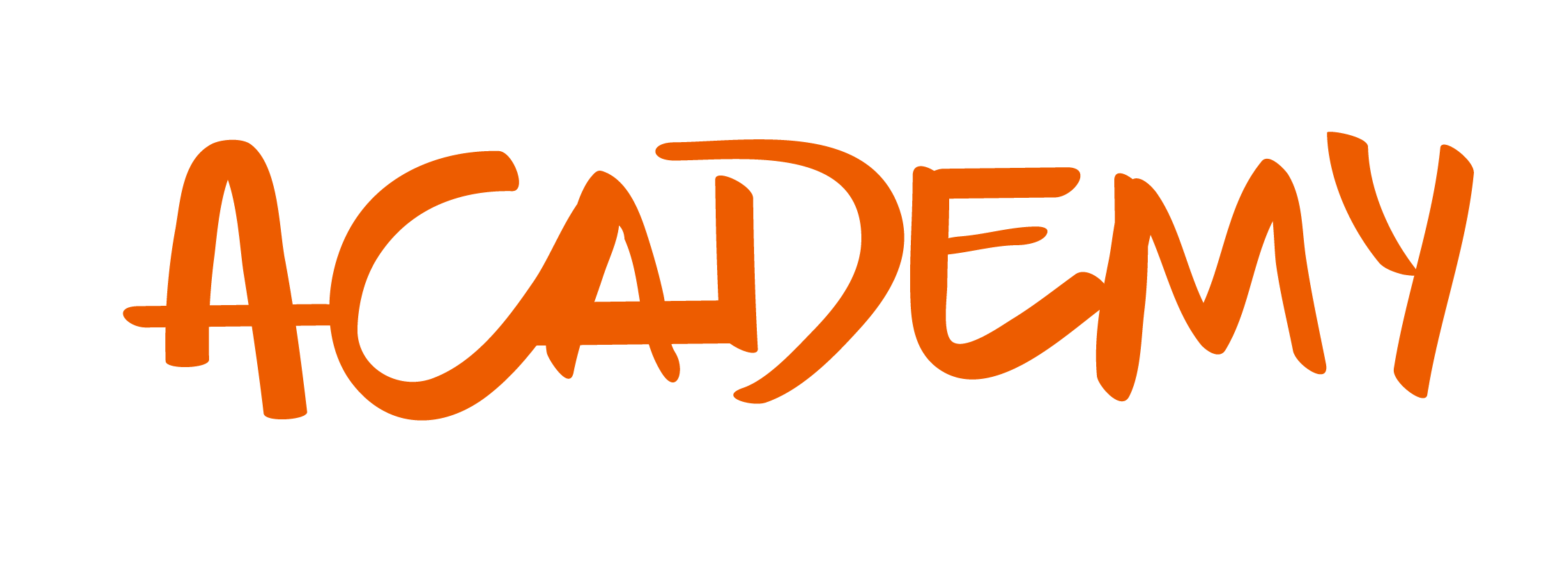In an industry where ideas travel as fast as the internet connection speed, rework can be both a silent enemy and a visible obstacle on the path to excellence. Rework, which involves refining or correcting projects that do not meet expectations, not only slows down production but can also undermine team morale and negatively affect the agency as a whole.
What is Rework?
Rework in a creative agency can manifest in various forms: from small design corrections to structural changes in an entire advertising campaign. Regardless of their scale, rework has several negative impacts. It can create tension and conflict within the team. Designers and creatives may feel frustrated at having to repeat tasks they have already completed, while clients may become impatient and dissatisfied with project delivery delays.
Strategies to Reduce Rework
To avoid or minimize rework, it is important to establish clear and effective communication from the outset. This includes clearly defining the project’s goals and requirements, as well as setting realistic expectations from both the agency and the client. Additionally, having a well-defined review and approval process is crucial to avoid last-minute changes that can lead to unnecessary rework.
Another effective strategy to reduce rework is to invest time in the project’s planning and conceptualization stage. By having a clear vision from the beginning, significant changes and modifications can be avoided in later stages, which in turn minimizes the need for rework.
In addition to these tangible benefits, reducing rework also brings a series of intangible advantages that can significantly impact the long-term success of a creative agency. One of these intangible benefits is greater efficiency in the work process. By avoiding the need to redo tasks or correct errors, workflow is optimized, and the time spent on each project is reduced. This allows the agency to handle more projects simultaneously and meet established deadlines more consistently.
Another intangible benefit is improved internal collaboration and communication. When rework is minimized, greater communication is fostered among team members, promoting a culture of collaboration. This is because errors and areas for improvement are identified and addressed earlier, allowing all team members to be aware of challenges and work together to overcome them. Furthermore, reducing rework can also have a positive impact on client satisfaction. By consistently delivering high-quality projects, trust is built, and the relationship with clients is strengthened. This can result in positive word-of-mouth recommendations and long-term client retention.
Conclusion
While rework is inevitable in the world of creative advertising agencies, implementing effective strategies to reduce it can significantly impact the agency’s efficiency, work quality, and profitability. By prioritizing clear communication, rigorous processes, and the use of project management tools, agencies can minimize rework and reap the benefits of a smoother and more successful operation.














